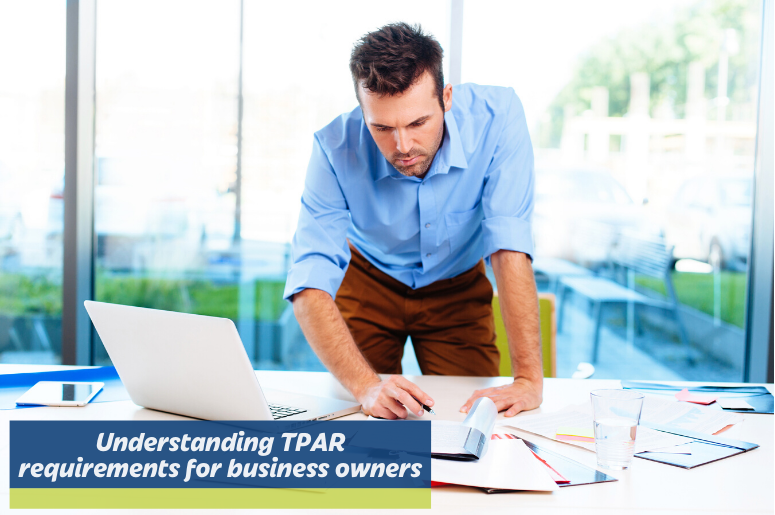Does your small business need to lodge a contractor Taxable Payments Annual Report (TPAR)?

What is the taxable payments annual report (TPAR)?
Don’t stress - like many such requirements, it sounds more difficult than it needs to be.
The report informs the Australian Taxation Office (ATO) of payments that you have made to service contractors.
Those contractors can be:
- Sole traders
- Companies
- Trusts
- Partnerships
They include subcontractors and consultants.
The purpose of the TPAR is to assist the ATO in identifying contractors who haven’t fulfilled their tax obligations.
Who needs to lodge a TPAR?
From July 2019, the ATO extended the number of companies that need to lodge the TPAR report.
You may need to complete a TPAR if your business falls into one of the following categories:
- Building and construction services
- Cleaning services
- Couriers
- Road freight services
- Information technology (IT) providers
- Security, investigation or surveillance services
- Government entities
- Mixed services that supply one or more of the services listed above, e.g. retailers and franchisees, building maintenance firms, event managers and florists.
What information do you need to report?
The taxable payments annual report includes the following information:
- The contractor’s name and address
- The contractor’s ABN
- The gross amount they were paid by you for the financial year, including any GST or tax withheld
- Whether you received a statement from your supplier and details of any grants paid to people or organisations that have an ABN (this information only needs to be provided by government entities)
Information not required in a TPAR
In your TPAR, you do not need to detail:
- Payments made for materials only
- Payments for incidental labour (e.g., any labour costs when a supplier provides materials and a demonstration of how to install them)
- Invoices unpaid at the end of the financial year
- Payments for private and domestic services
- Payments to other companies within a consolidated group that your business is part of
When is your TPAR due at the ATO?
If you own one of the types of businesses listed above, your TPAR is due by 28th August every year.
Need expert guidance on preparing your TPAR?
Keeping up to date with these ongoing changes is just part of running a business in Perth these days.
It’s another of the areas in which an experienced accountant becomes invaluable.
As one of the leading accounting, superannuation, bookkeeping, tax, and business planning firms in Perth, we can guide you on preparing your TPAR.
Please contact us at Ascent Accountants.
Need help with your accounting?








